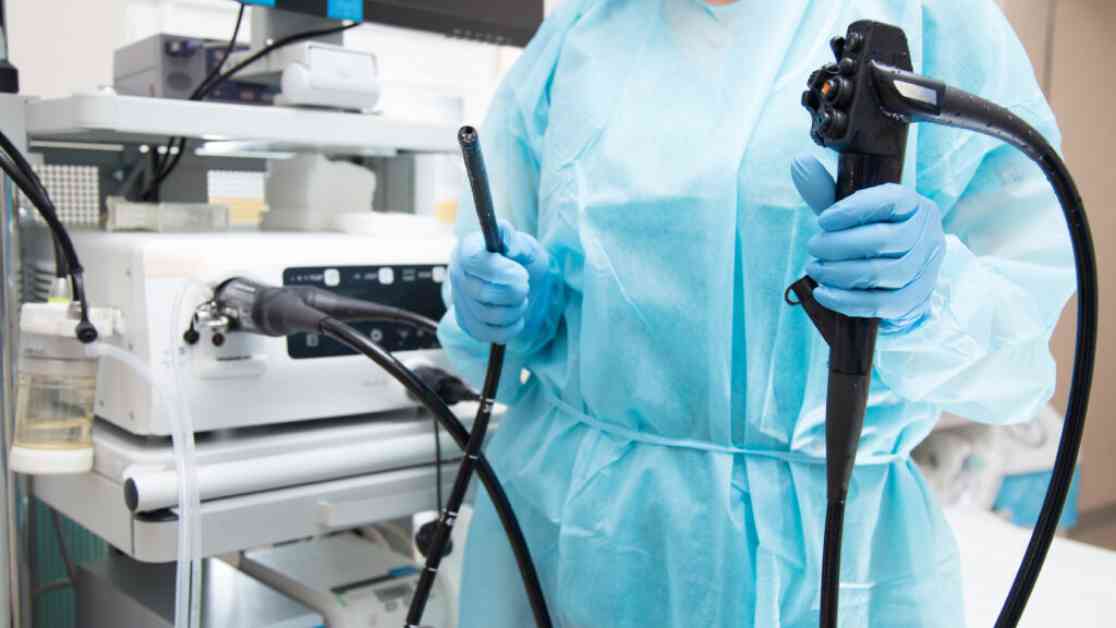Former Olympus Chief Medical Officer Now Leading FDA’s Device Safety Division Under Scrutiny
The Food and Drug Administration (FDA) has appointed Ross Segan, a former executive in the device industry and Army veteran, to oversee its division responsible for ensuring the safety of medical devices. This decision has raised concerns and sparked scrutiny due to Segan’s previous role as chief medical officer at Olympus, a major distributor of endoscopes.
Segan held the position at Olympus from 2020 to 2023, during which time the company faced FDA warning letters regarding product defects. One notable issue highlighted in these warnings was instances where endoscope caps fell into patients’ bodies, raising serious concerns about patient safety. Jeffrey Shuren, the head of the FDA’s medical devices center, expressed worry over Olympus’ failure to meet FDA requirements, emphasizing the company’s disregard for patient well-being.
The appointment of Segan to head the FDA’s device safety division has brought attention to potential conflicts of interest and questions about his ability to effectively regulate device manufacturers. Critics argue that his previous role at Olympus, a company embroiled in safety controversies, may influence his decision-making and compromise the agency’s commitment to ensuring the safety and effectiveness of medical devices.
Subheadings:
The Controversy Surrounding Segan’s Appointment
Challenges and Criticisms Faced by the FDA’s Device Safety Division
The Importance of Transparency and Accountability in Regulating Medical Devices
The Controversy Surrounding Segan’s Appointment
Segan’s transition from a key executive position at Olympus to a leadership role at the FDA has raised eyebrows within the medical device industry and among healthcare professionals. Many are concerned that his ties to a company with a history of safety violations could cloud his judgment and hinder his ability to impartially regulate the industry. The FDA plays a crucial role in safeguarding patient safety by overseeing the approval and monitoring of medical devices, making it essential for the agency’s leadership to be free from any potential conflicts of interest.
Challenges and Criticisms Faced by the FDA’s Device Safety Division
The FDA’s device safety division faces numerous challenges in its mission to protect public health. With the rapid advancement of medical technology and the introduction of innovative devices, ensuring their safety and efficacy has become increasingly complex. The division must navigate a regulatory landscape that is constantly evolving, balancing the need for timely approvals with thorough safety assessments.
Moreover, the division often grapples with limited resources and staffing issues, which can impact its ability to effectively monitor and regulate the vast array of medical devices on the market. The appointment of a former industry executive like Segan has brought to light concerns about the division’s capacity to maintain independence and rigor in its oversight of device manufacturers.
The Importance of Transparency and Accountability in Regulating Medical Devices
Transparency and accountability are essential principles in the regulation of medical devices to uphold public trust and ensure patient safety. The FDA must operate with transparency in its decision-making processes, providing clear and accessible information to the public about the safety and effectiveness of approved devices. Accountability is equally vital, as the agency must hold manufacturers accountable for any violations or deficiencies in their products.
In light of Segan’s appointment and the scrutiny it has garnered, there is a pressing need for the FDA to reinforce its commitment to transparency and accountability in regulating medical devices. Stakeholders, including healthcare providers, patients, and industry representatives, should be kept informed and engaged in the agency’s regulatory activities to promote trust and confidence in the safety of medical devices.
In conclusion, the appointment of Ross Segan, a former Olympus executive, to lead the FDA’s device safety division has sparked scrutiny and raised concerns about potential conflicts of interest. As the agency works to ensure the safety and effectiveness of medical devices, it must prioritize transparency, accountability, and independence in its regulatory efforts to safeguard public health.

















